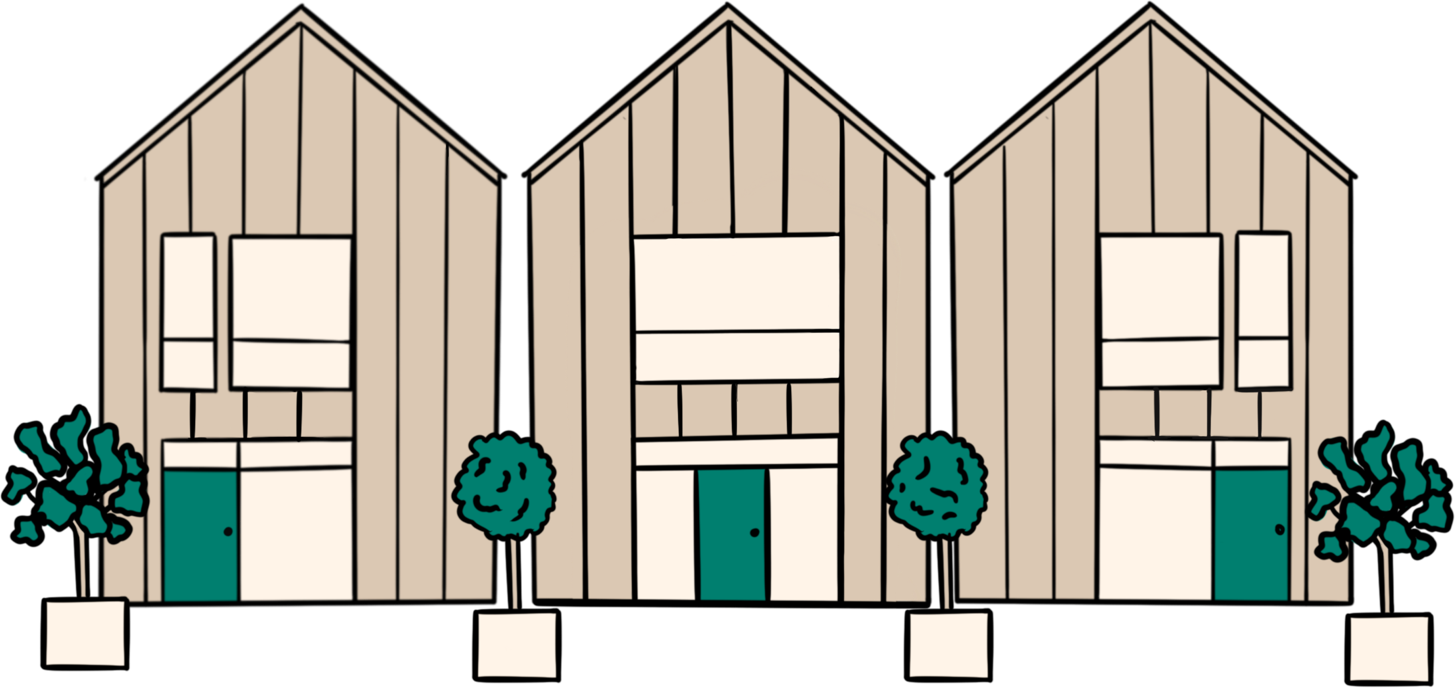Selling a house after accepting an offer typically takes 10-14 weeks from acceptance to completion, though this timeline can vary based on your unique situation.
Learn more: A complete guide to selling your home.
Each property transaction follows its own path, with several factors affecting how long it takes after accepting an offer:
- Property searches: These can vary in duration depending on your local authority
- Chain complexity: Longer chains generally mean more potential for delays
- Survey results: Issues discovered may require renegotiation
- Mortgage approval: Lender processing times vary considerably
- Legal complications: Title issues or missing documents can cause unexpected delays
Your conveyancer will work with you to establish a realistic completion date based on your circumstances, coordinating with other transactions in your property chain to ensure a smooth process.


